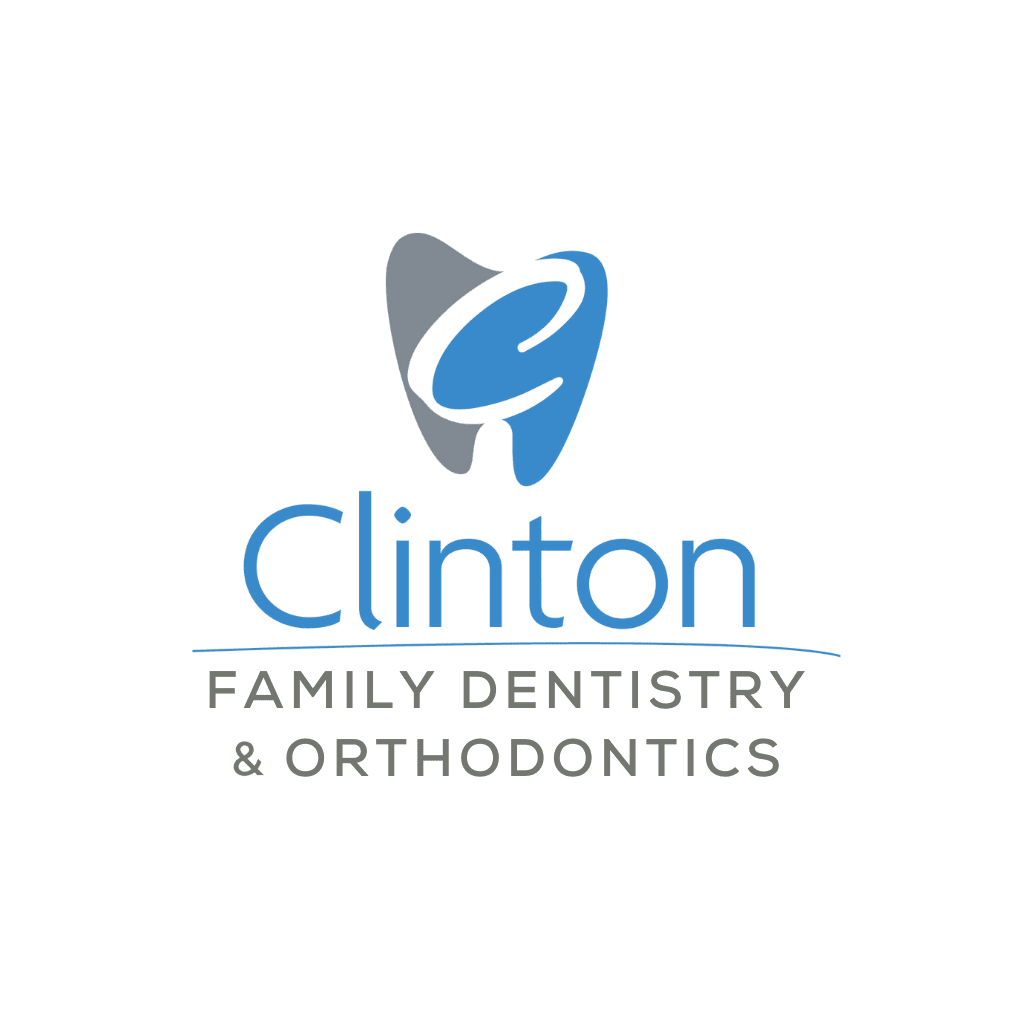Nail biting is a habit often stemming from nerves and stress. This behavior could negatively impact the appearance of your fingernails, but it will also affect your oral health.
Your teeth were not designed to bite down on hard items like fingernails. If this habit persists, your teeth could be at risk of major damage that might need emergency dental intervention to amend. Read on to hear three ways that continuing to bite your nails could harm your smile.

3 Oral Health Risks Stemming from Nail Biting
Breaking a Tooth
Your teeth are durable, but abnormally high levels of pressure could cause structural damage to them. Biting your nails generates this type of pressure. The behavior could cause your teeth to crack, chip, or fracture.
Minor damage might be fixed with cosmetic dental solutions like teeth bonding. But more severe tooth breakage could require restorative dental treatments. The tooth might need to be covered and sealed with a dental crown to allow it to look and function normally again.
Sometimes a broken tooth could leave a patient in a great deal of pain. Even if the tooth is not sore, the patient should seek prompt intervention from their dentist.
A small crack or chip in a tooth can heighten the risk of contracting an oral infection. If you do sustain this type of dental damage, you should let your dentist know as soon as you can.
Dislodging Prior Dental Work
A majority of people get at least one cavity in their lifetimes, so they will have a dental filling in their smiles. They may also receive dental crowns to restore damaged teeth or porcelain veneers to enhance the look of their smiles.
Dentists secure these fixtures firmly in the mouth with either composite resin or dental cement. With proper care, this dental work should remain in place for fifteen or more years.
But as with your teeth, immense pressure could cause a filling, crown, or veneer to dislodge or break. Biting your nails can lead to this type of dental damage.
You will need to visit your dentist for an emergency appointment to repair this issue. Therefore, you should take care to avoid this habit that could lead to this costly additional dental work.
Shifting Teeth Out of Position
Oral habits can play a major role in how a young dental patient’s teeth grow into place. If they have a habit of biting their nails, their teeth could become crooked, overlapped, or gapped. But even after adults grow their permanent teeth, the teeth can shift if the act of nail-biting continues.
These dental alignment issues may make patients feel self-conscious about the way that their smile looks. It can also make it more difficult to effectively clean their smiles, putting them at risk of getting cavities and other dental problems.
You can avoid biting your nails to decrease the chances of disrupting the alignment of your teeth. If you do want to straighten crooked teeth, ask your dentist about Invisalign.
